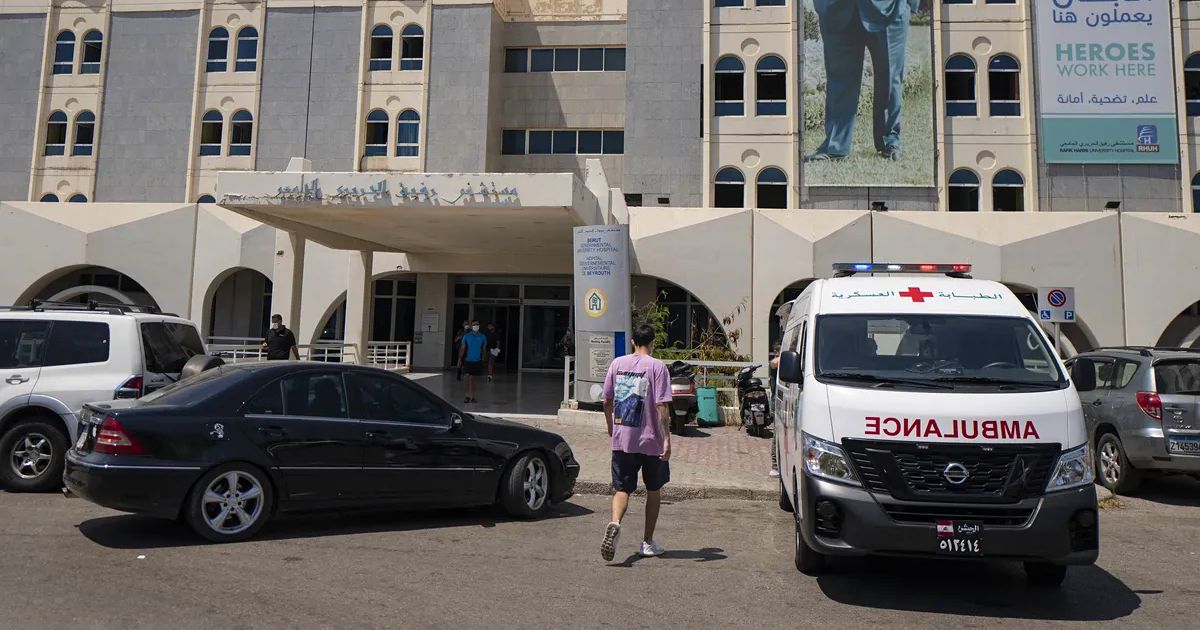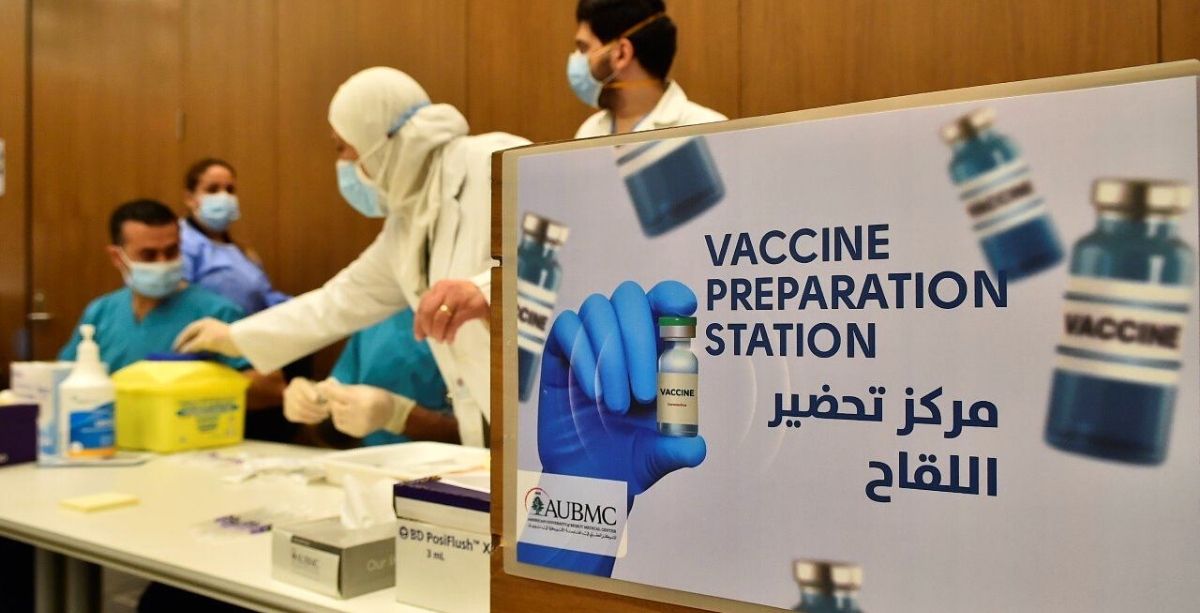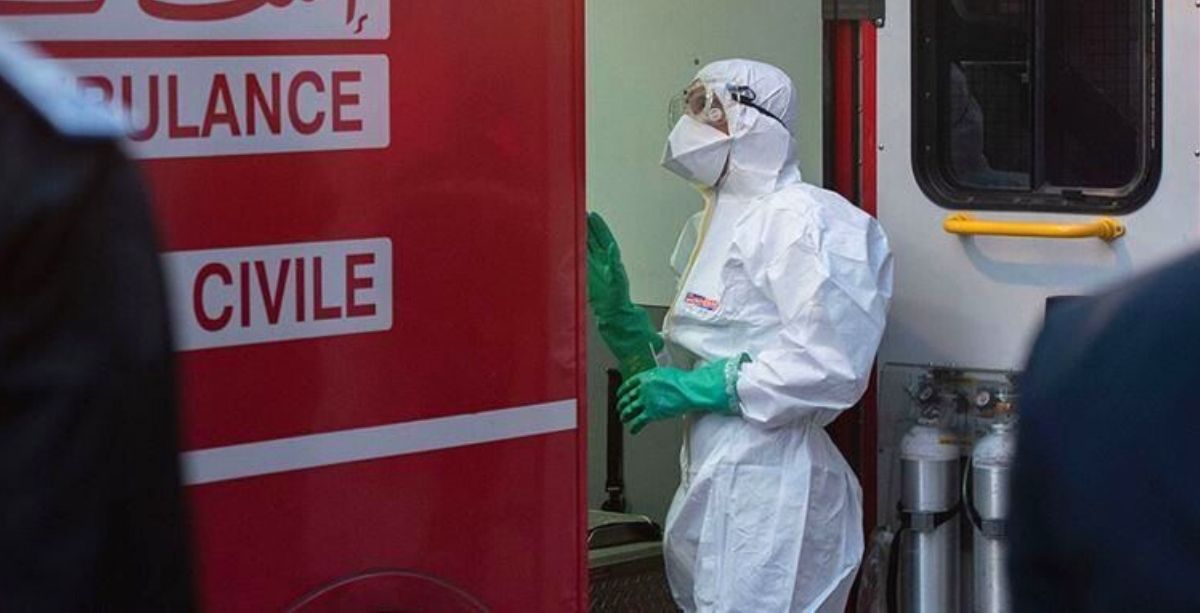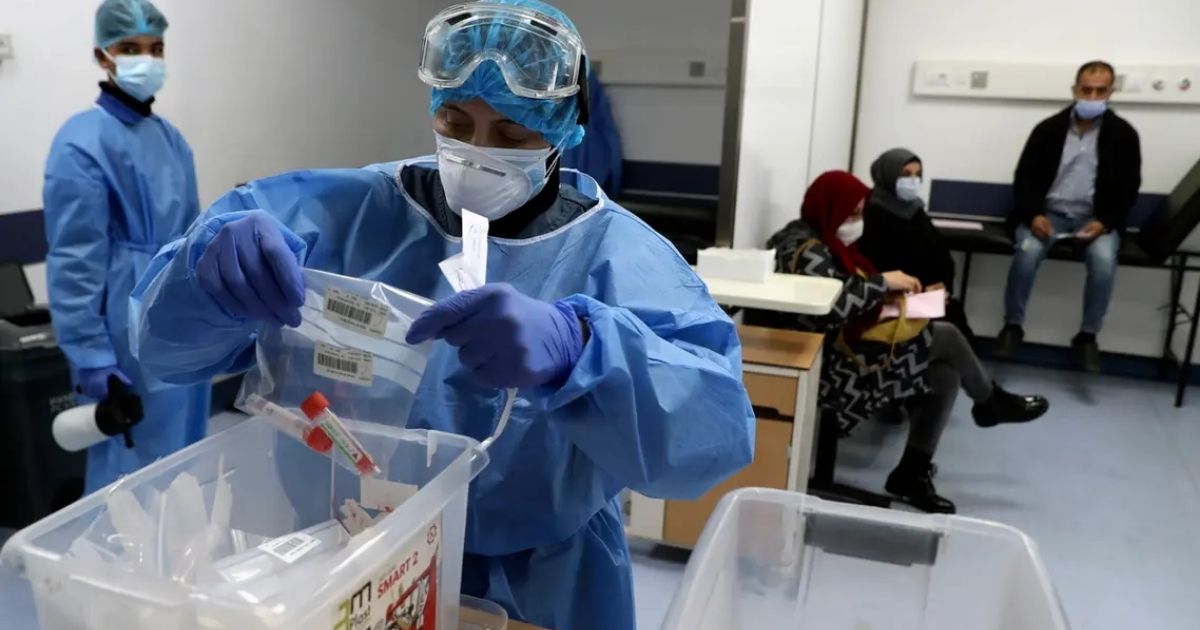Joined by the Minister of Public Health and an assembly of national and international health officials and representatives, the Lebanese Order of Physicians held a meeting at their headquarters to address the spreading coronavirus.
The Order released the following recommendations and guidelines regarding the virus, divided into 4 parts that deal with various aspects of prevention, diagnosis, case management, in addition to general recommendations:
#1 Prevention
Firstly, the order recommends the denial of entry to Lebanon of all delegations from the affected areas around the world, except for the returning Lebanese citizens.
This is because, as the assemblers stated, Lebanon is now considered a country with a coronavirus outbreak since travelers carried the virus from abroad, “and because the Order believes that the number of cases will increase in the coming days and weeks.”
Second, since the containment period of the virus has ended, and that of mitigation began, the Order of Physicians sees it necessary to minimize crowding in public places.
It recommends that “educational and recreational institutions and other crowded places limit these gatherings,” and urges citizens to take the utmost care and caution to limit the speed of the disease’s spread.”
#2 Diagnosis
The Lebanese Order of Physicians also advised against the presence of people showing signs parallel to those of the virus in public places entirely. If a person does feel such symptoms, they should:
- Consult their doctor if arriving from an area unaffected by the virus.
- Head directly to Rafik Hariri Hospital if arriving from an infected area – without visiting any other doctors or medical centers.
The same applies to nurses, doctors, and all workers in the health domain in all Lebanese areas.
Moreover, if someone feels symptoms close to those of the COVID-19 coronavirus, they should accordingly call the following hotlines:
- The Lebanese Red Cross: 140
- For inquiry: 1214
- For directions regarding suspicious or identified cases: 76/592699
#3 Case management when doubtful or diagnosed
The instructions of the World Health Organization (WHO) for coronavirus case management must be immediately implemented in the case of suspicion or diagnosis.
To prevent transmission, the syndicate indicated the importance of protecting health workers and other patients in a health center where a coronavirus case is introduced, as well as the isolation of the case’s companions.
Furthermore, it declared the Lebanese Red Cross to be the exclusive handler of proper patient transportation for coronavirus cases.
#4 General recommendations
- Putting all ministries in a state of health alert to apply all means of protection and prevention found in the recommendations of the WHO for countries, including crowds and gatherings, in coordination with concerned municipalities where cases emerge.
- The immediate accommodation and equipment of new therapeutic health centers and isolation reception centers for patients in all governorates within the health centers of the Health Ministry, and the preparation of public and private hospitals to receive more cases
- The urgent and immediate training of nursing medical teams for all regions, within these centers, and equipping them safely to protect the patient, the citizen, and the health worker.
- The Order of Physicians and its scientific associations will be responsible for putting these recommendations into practice, and coordinating with the relevant ministries and official bodies to follow up on, update, and develop them.
- Refraining from marketing and using medicines and drugs not scientifically proven, as there is no medicine or vaccine for the virus yet. Those who do will be held accountable.
- The cooperation between the Ministry of Health, the Ministry of Information, and media institutions to produce and broadcast short promotional films to raise awareness of this disease and how to prevent it.
- The cooperation of everyone: Officials, citizens, and non-governmental organizations to overcome this stage, as the role of civil society equals in its importance that of the government and official agencies.
At this stage, it is crucial that we, citizens of Lebanon, cooperate in joining efforts in order to save our country from this outbreak.












